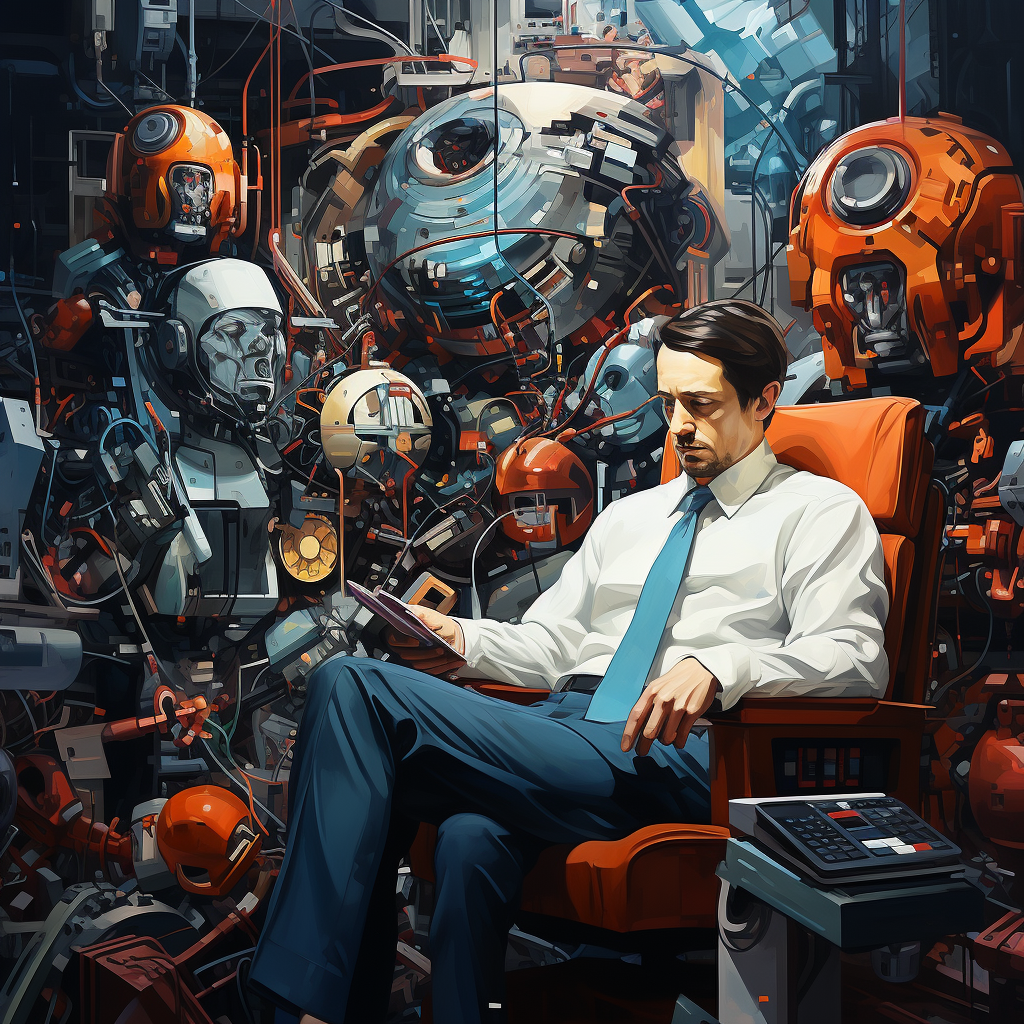In today’s fast-paced world, the quest for perfection often hinders progress. The belief that we must be perfect before taking action can stifle creativity, halt innovation, and deter us from achieving our goals. As the saying goes, “Don’t wait or think about perfection before making any action. Just act and tune as you do it.”
1. The Paralysis of Perfection
Perfection is a lofty goal, and while striving for it can be commendable, waiting for the perfect moment or the perfect plan can lead to inaction. Procrastination, often rooted in the fear of making mistakes or being judged, prevents us from moving forward. As Robert H. Schuller rightly said, “Better to do something imperfectly than to do nothing perfectly.”
2. Learning Through Action
Trial and error form the foundation of learning. By acting and then refining, we get immediate feedback on what works and what doesn’t. This iterative process, popularized in agile methodologies and lean startup principles, emphasizes the importance of continuous improvement over waiting for the perfect solution.

3. Experience Does Not Equate to Perfection
Even the most experienced individuals are not immune to mistakes. Every master was once a beginner, and every expert has made errors along their journey. NBA legend Michael Jordan once noted, “I’ve missed more than 9,000 shots in my career. I’ve lost almost 300 games. 26 times, I’ve been trusted to take the game-winning shot and missed. I’ve failed over and over and over again in my life. And that is why I succeed.” This underscores the point that experience does not guarantee perfection, but rather offers a plethora of learning opportunities.
4. Perfection is Subjective
What is perfect to one person might be flawed to another. Designers, artists, and creators often find themselves revising their works based on varying feedback. It’s a continuous loop of adaptation and innovation. If they had waited for a universally accepted “perfect” design, they might never have released anything at all.
5. Divine Perfection
The concept of divine perfection transcends human understanding. Many religious texts and teachings, from the Bible to the Quran, and the Bhagavad Gita to Buddhist sutras, emphasize the idea that perfection is a divine attribute, and humans, while made in the image of the divine, are inherently fallible. As the saying goes, “Only GOD can be perfect.”
6. Conclusion: Embrace Imperfection
Instead of being paralyzed by the pursuit of perfection, embrace the beauty of imperfection. Take action, learn from the outcomes, and refine your approach. By doing so, not only do you open doors to new opportunities and experiences, but you also grow personally and professionally. Remember, it’s not about being perfect, it’s about being in motion.





